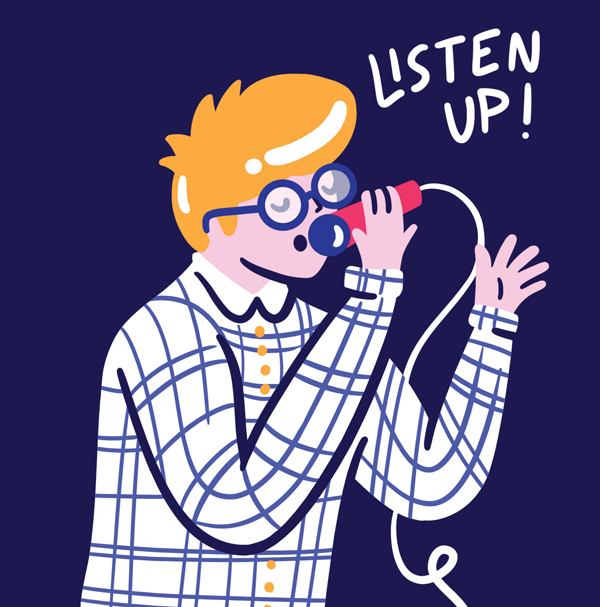
You might not imagine poets, those long-haired, dreamy bohemians, as aggressive competitors. But at the National Poetry Slam (August 1-6)—taking place in Georgia for the first time this year—more than a thousand rhymers and freestylers face off in a spoken word death match. Seventy-two teams of four to five poets, some traveling from as far away as Hawaii, have three minutes to perform original work without props or instruments. The first-place team takes home a $2,000 prize. “I wrote poetry in high school, really terrible love poems,” says Doraville poet Nate Mask, who competes with the Java Monkey Slam team, one of two representing Atlanta this year. “After my sister encouraged me to get out to an open mic, I got hooked. My competitive side came in.”
Meet two local poets:
Who Nate Mask
Team Java Monkey Slam
Accolades Java Monkey Slam made NPS semifinals in 2015
What do you write about?
“My style is straightforward; I just say what I am feeling usually without trying to disguise it in any way. I try to talk about lots of different things, depending where I am at in my life: depression, race, family issues, heartbreak. As much as possible, I add humor because being able to laugh is a relief.”
What does poetry slam add to the art scene?
“One of the coolest thing about slam is you have so many different voices and approaches. There are no set rules aside from time limit, it being your own work, and no props. The more different voices and styles you get, the more can be done with poetry and spoken word.”
Who Theresa Davis
Team Art Amok
Accolades Won Women of the World Poetry Slam in 2011
Why did you start slamming?
“In 2003 my father had a stroke, and I had to take him off life support. But one week before he had the stroke, he told me that I was not living up to my potential and not doing my art. I was trying to disappear, but he could see me. A friend took me to my first slam in 2006, and I’d never experienced that many people sharing their voices in the way that they did it. Hearing all those voices made me realize there was a place for my voice and not being invisible.”
What do you write about?
“I write a lot about what’s happening in the world today: reproductive rights, queer rights, women’s rights, the way black women are pretty much invisible. I can wrap it up in humor, but by the end you’re like whoa.”
This article originally appeared in our August 2016 issue.










![The North Carolina Museum of Natural Sciences’ newest exhibit is a [pre]historic first](https://cdn2.atlantamagazine.com/wp-content/uploads/sites/4/2024/04/DD-3-100x70.jpg)



